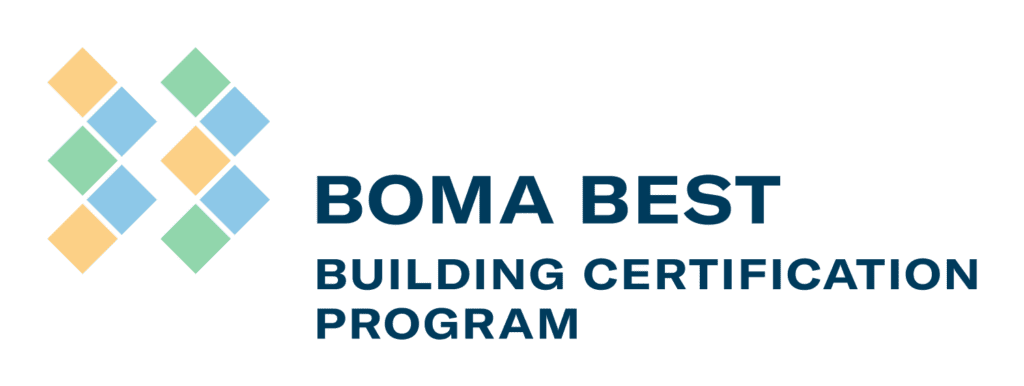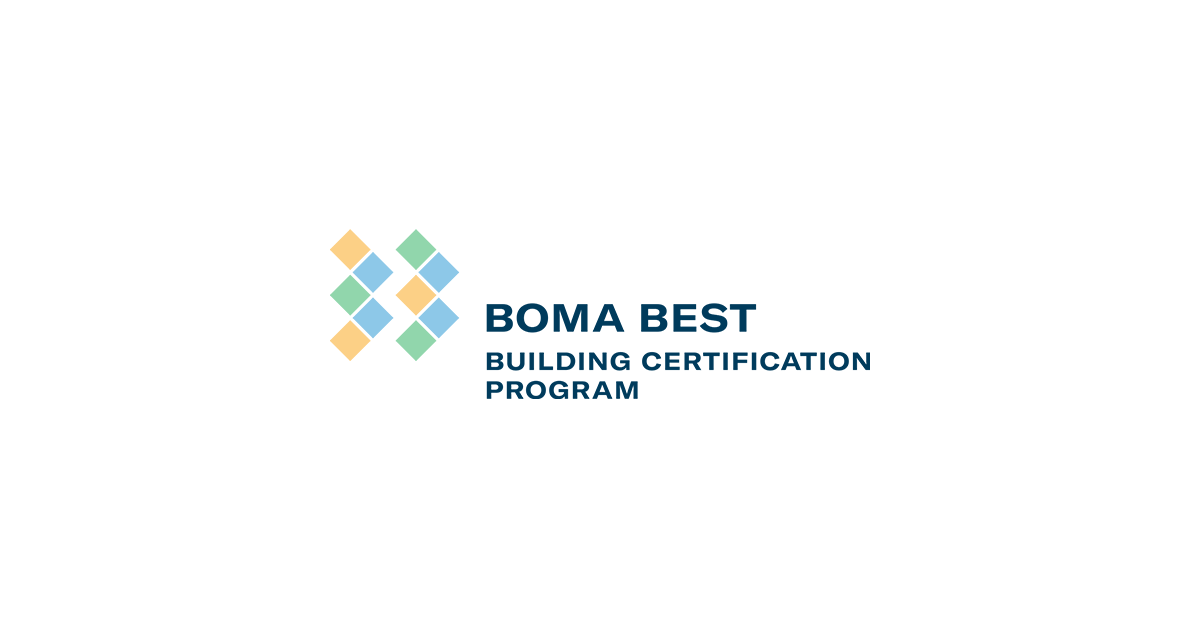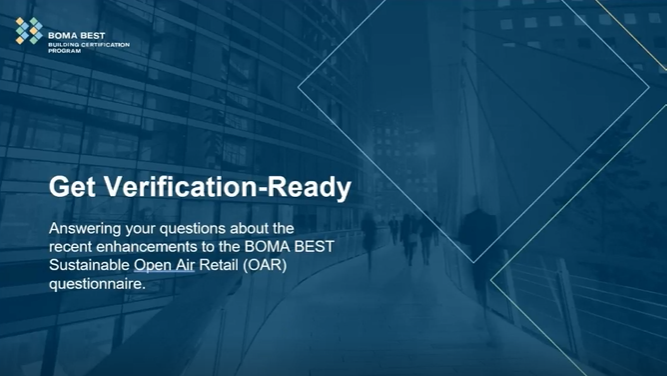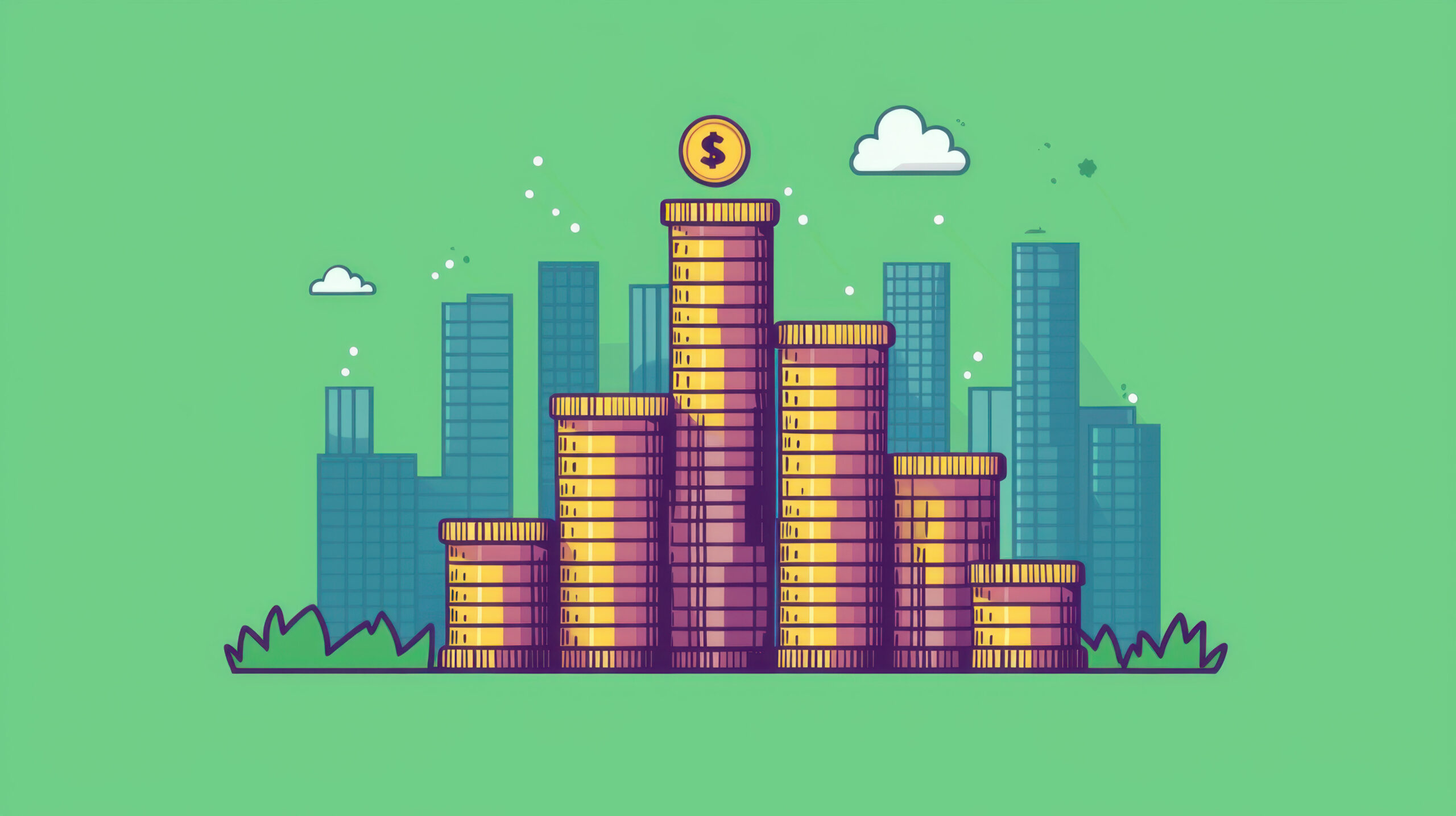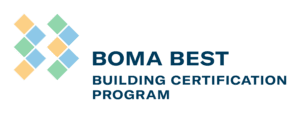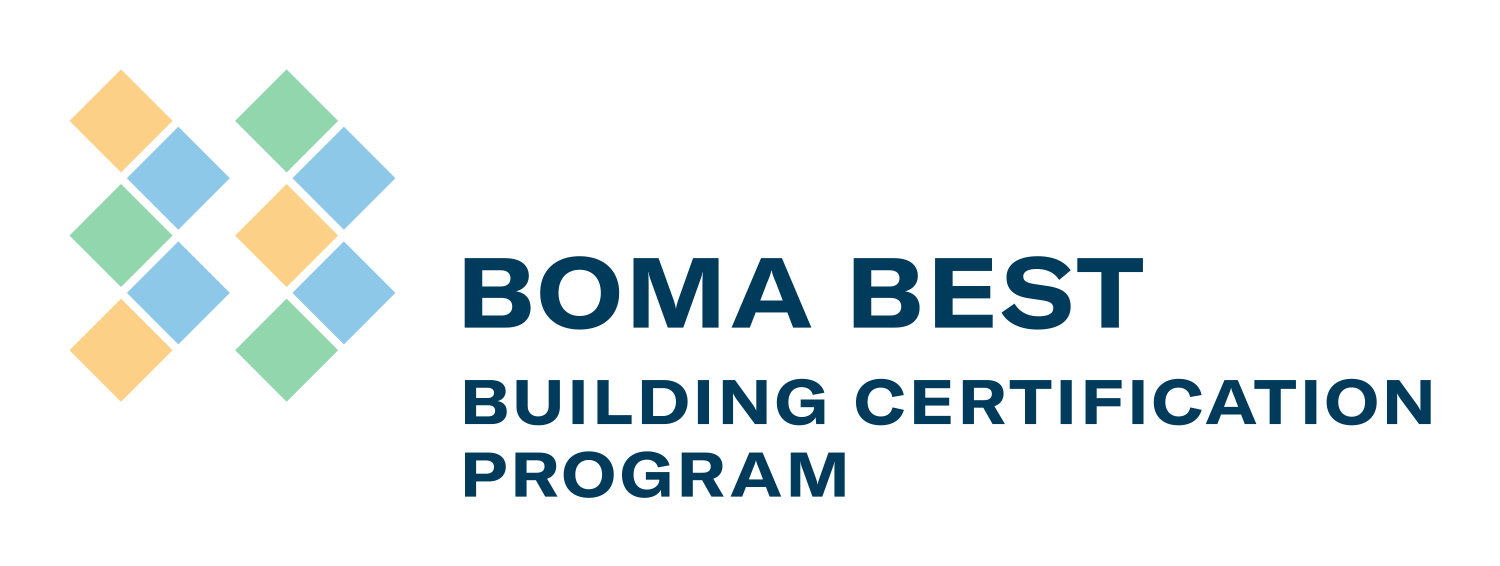Menu
Close
- About
-
HistoryHistory
-
BOMA BEST HUBBOMA BEST HUB
-
Frequently Asked QuestionsFrequently Asked Questions
-
Fee CalculatorFee Calculator
-
FeesFees
VIDEO: BOMA BEST NSCC Case Study
VIDEO: BOMA BEST SMART
-
- Programs
-
BOMA Best SustainableBOMA Best Sustainable
-
BOMA Best SmartBOMA Best Smart
Video: BOMA BEST
VIDEO: EMERGING LEADERS
-
- Field Guide
- Resources
-
NewsNews
-
Buildings Report/NGBRBuildings Report/NGBR
-
WebinarsWebinars
VIDEO: Why BOMA BEST
VIDEO: Why BOMA BEST
-
- About
-
HistoryHistory
-
BOMA BEST HUBBOMA BEST HUB
-
Frequently Asked QuestionsFrequently Asked Questions
-
Fee CalculatorFee Calculator
-
FeesFees
VIDEO: BOMA BEST NSCC Case Study
VIDEO: BOMA BEST SMART
-
- Programs
-
BOMA Best SustainableBOMA Best Sustainable
-
BOMA Best SmartBOMA Best Smart
Video: BOMA BEST
VIDEO: EMERGING LEADERS
-
- Field Guide
- Resources
-
NewsNews
-
Buildings Report/NGBRBuildings Report/NGBR
-
WebinarsWebinars
VIDEO: Why BOMA BEST
VIDEO: Why BOMA BEST
-
